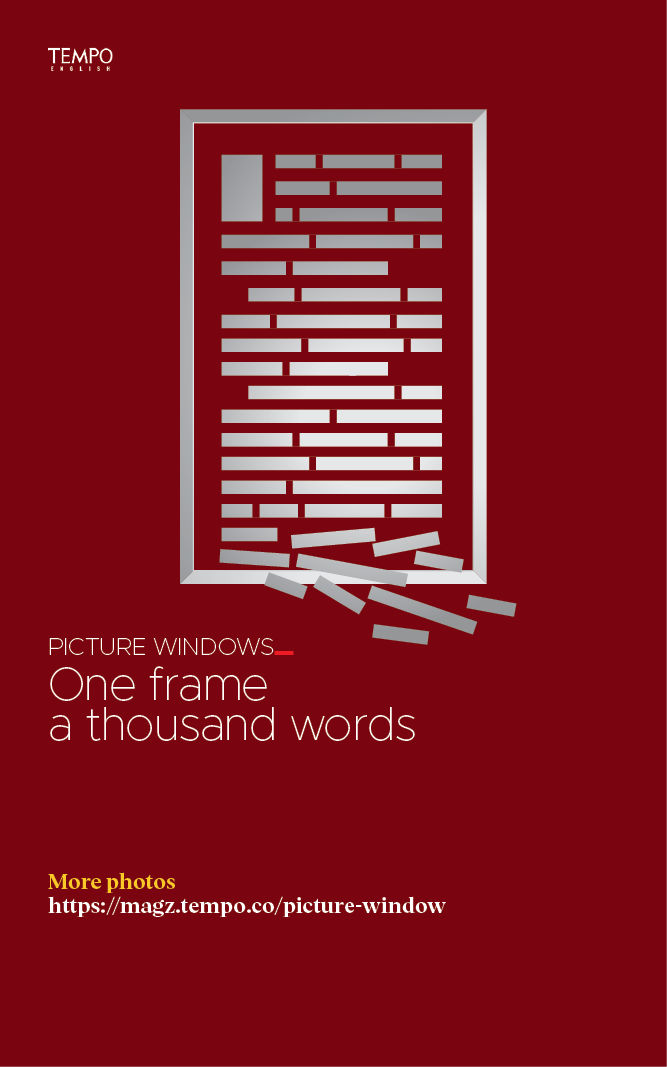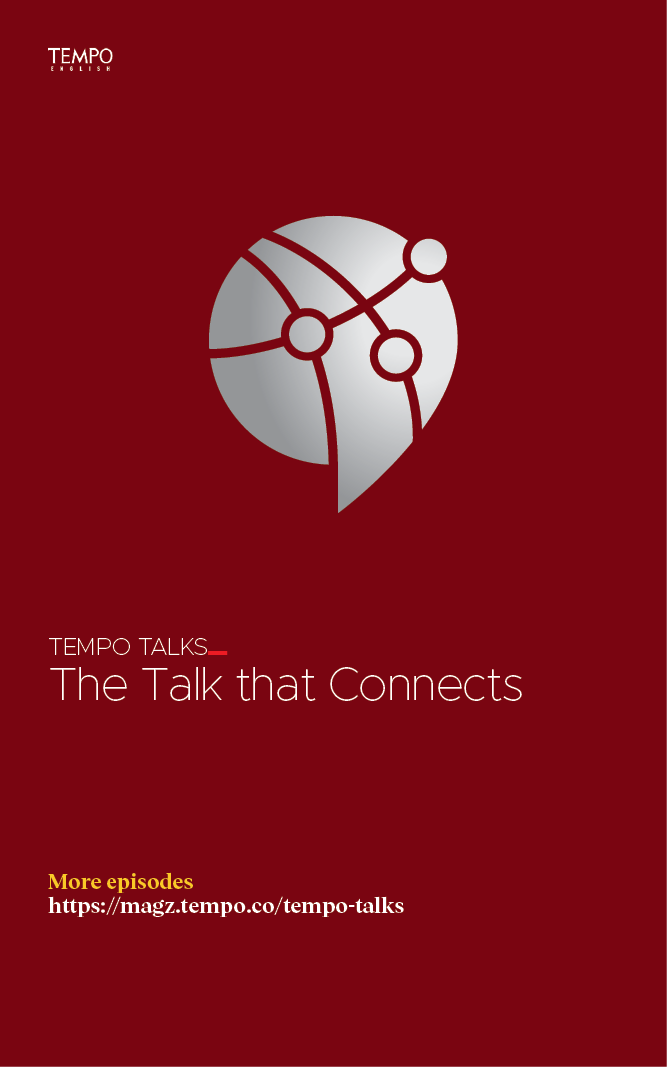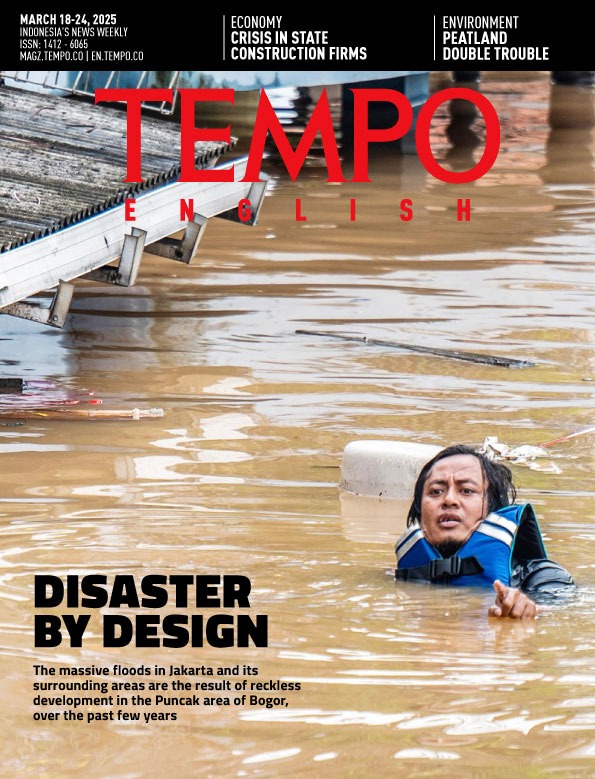May 17, 2016 edition
Cover Story
More Articles
Economy
State-Owned Enterprises (SOE) Minister Rini Soemarno ordered two state-owned plantation companies to purchase Gendhis Multi Manis, a sugar-producing company. Her instructions have triggered a polemic-not just because the sugar factory is seen as not viable but also because the two appointed plantation companies rated the Gendhis asking price as too high.
Read More
More Articles
Outreach
THE four big mammals that have always been the focus of World Wildlife Fund (WWF) Indonesia, according to Arnold Sitompul, are tigers, orangutans, elephants and rhinoceroses. It is not just because they are endemic to the islands of Sumatra, Java and Kalimantan. The animals are listed by the International Union for Conservation of Nature (IUCN) as critically endangered. "These species have always been our main concern because they are endemic to Indonesia, and so they've always been our priority," Arnold told Tempo.
Read More
More Articles
Indicator
Opinion
The era when people believed in the saying 'as long as the boss is happy' should have been buried long ago. The decision by the directors and commissioners of plantation firm Perkebunan Nusantara (PTPN) III to refuse the order of State-Owned Enterprises (SOEs) Minister Rini Soemarno to acquire the Gendhis Multi Manis sugar factory was right. It was an uncomfortable moment for Minister Rini, but from a business perspective, the acquisition would have been a gross mistake. Apart from the high cost, the prospects for the sugar factory were far from clear.
Read More
More Articles
National
Embroiled in a nearly two-year-long crisis over party leadership, the Golkar Party finally opened an extraordinary conference in Nusa Dua, Bali, last Saturday. No fewer than eight candidates are competing to win the 558 votes needed become Golkar chairman for 2016-2019, replacing Aburizal Bakrie.
Read More
More Articles
Asean & Beyond
Environment
Indofile
Mella Jaarsma recalls a day in July 1998 when, along with six other foreign visitors standing across the Agung State Palace in Yogyakarta's Malioboro area, she watched as a dish of frog legs was being fried in a big wok over a charcoal stove. Passersby stopped their strolling to watch the strange scene: seven foreigners watching their dish being cooked on the side of a street. The dish was then offered to the onlookers.
Read More
Interview
Public service is something new to 52-year-old Amzulian Rifai, the new chairman of the Office of the Ombudsman. After all, he spent the past 25 years in the academic affairs of Sriwijaya University in Palembang, South Sumatra. But he is ready to dedicate himself to a new assignment, which is to be the people's 'ear', to listen to those disappointed by the quality of public services rendered. Amzulian believes the Ombudsman is the right place to dedicate his time and his resources. He decided to apply for the job, and in an open session, was elected chairman for the 2016-2021 period.
Read More
Sidelines
Life is certainly not easy for Maryam-and religion is no help to her. The opposite, in fact. In the life of this character from Okky Madasari's novel, religion has three repressive elements that impose upon her life: parents oppressing their children, males prioritized over females and doctrine causing people to cluster and become enemies. And under all this pressure, goodness moves away.
Maryam tries to oppose this-more or less quietly.












